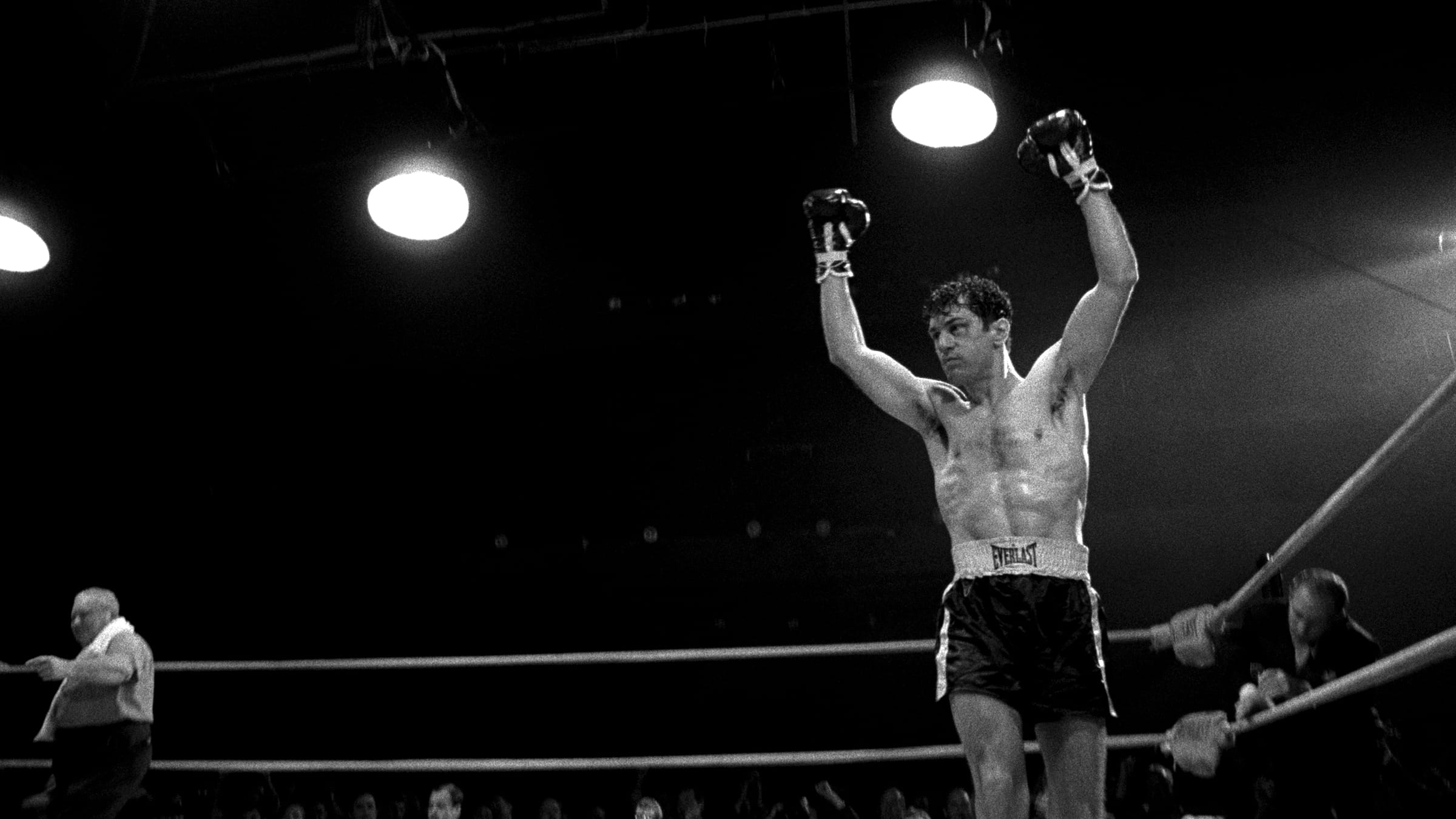-
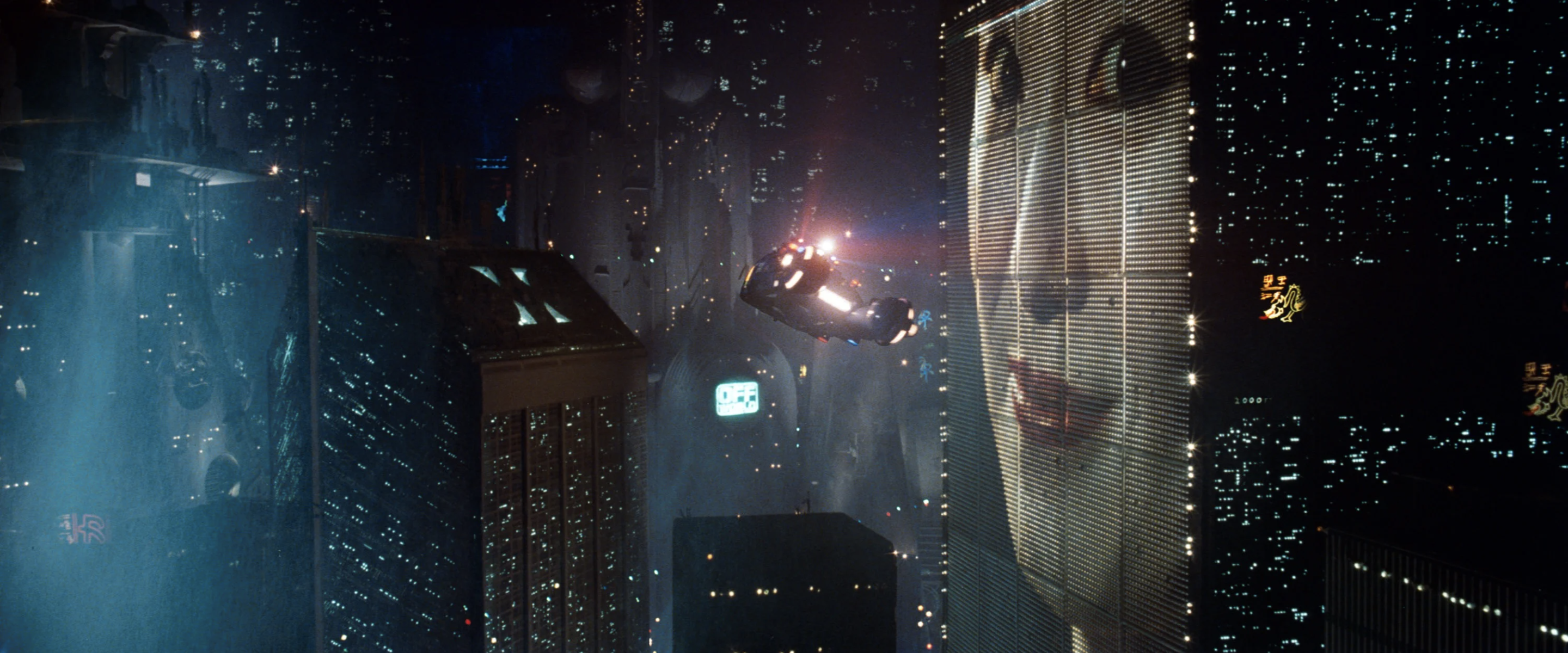
The Best Films of the 1980s Decade
The greatest films of the 1980s, from the end of New Hollywood to the rise of the modern blockbuster.
-
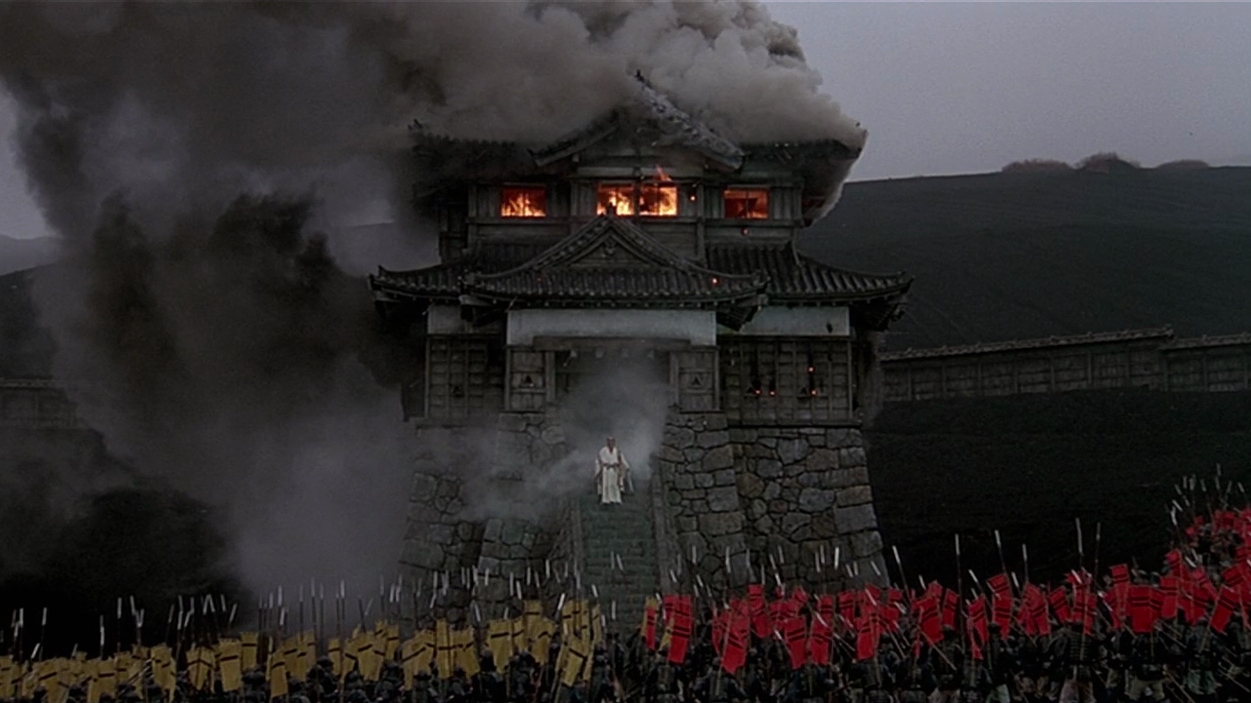
Ran (1985)
For all of Akira Kurosawa’s jaw-dropping historical battles staged with colourful splendour and imposing characters that fill out Ran’s immense narrative, at its core is a seething bitterness towards humanity’s existential isolation, propelling the dramatic power struggles between three jealous brothers in feudal Japan.
-
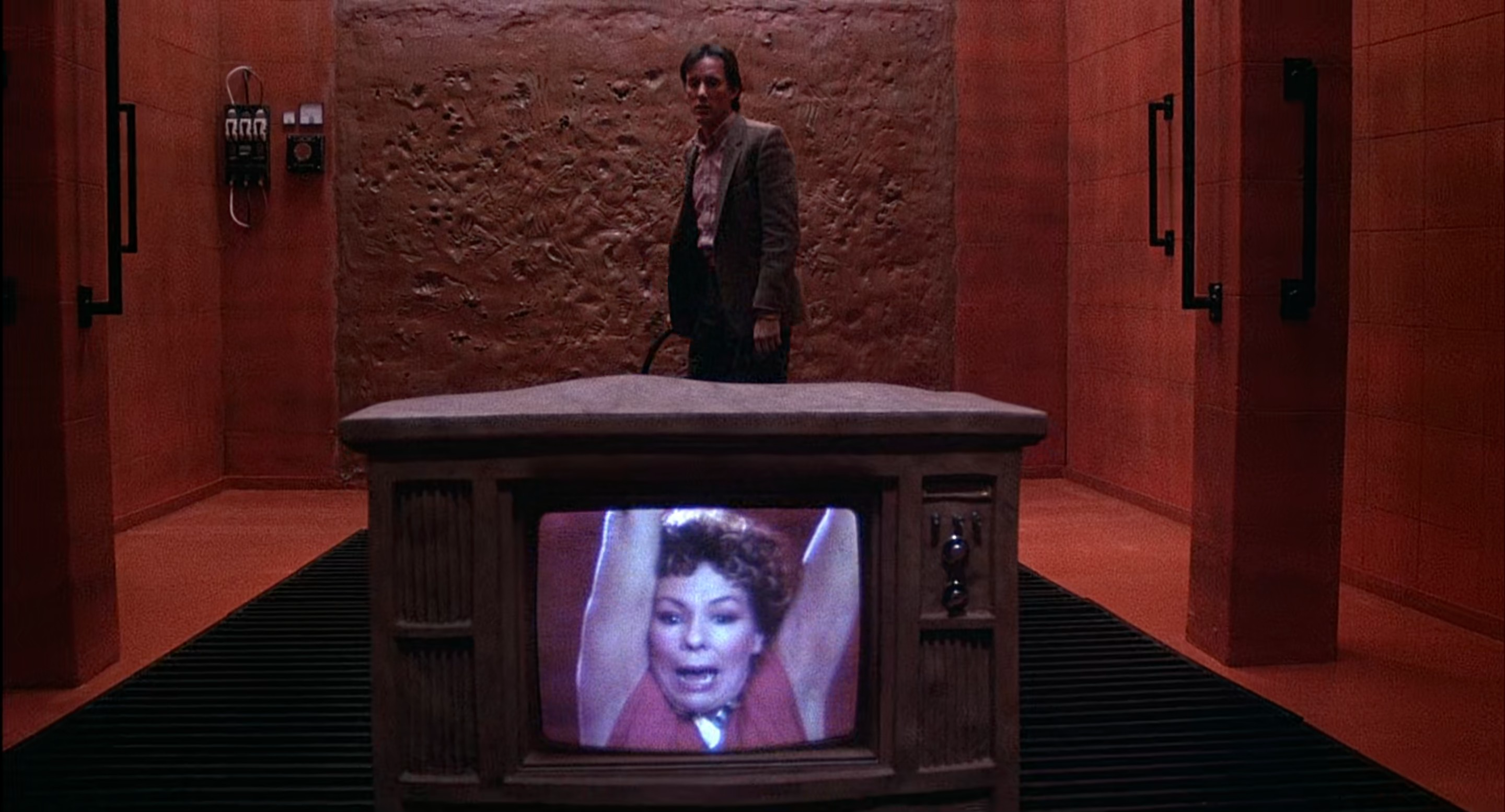
Videodrome (1983)
David Cronenberg’s blending of intellectual musings on modern mass media with grotesque body horror makes Videodrome’s dire warnings all the more visceral, robbing brainwashed individuals of their humanity by fusing them with the technology they have become reliant on, and marking a triumphant success in transgressive genre filmmaking for the young auteur.
-
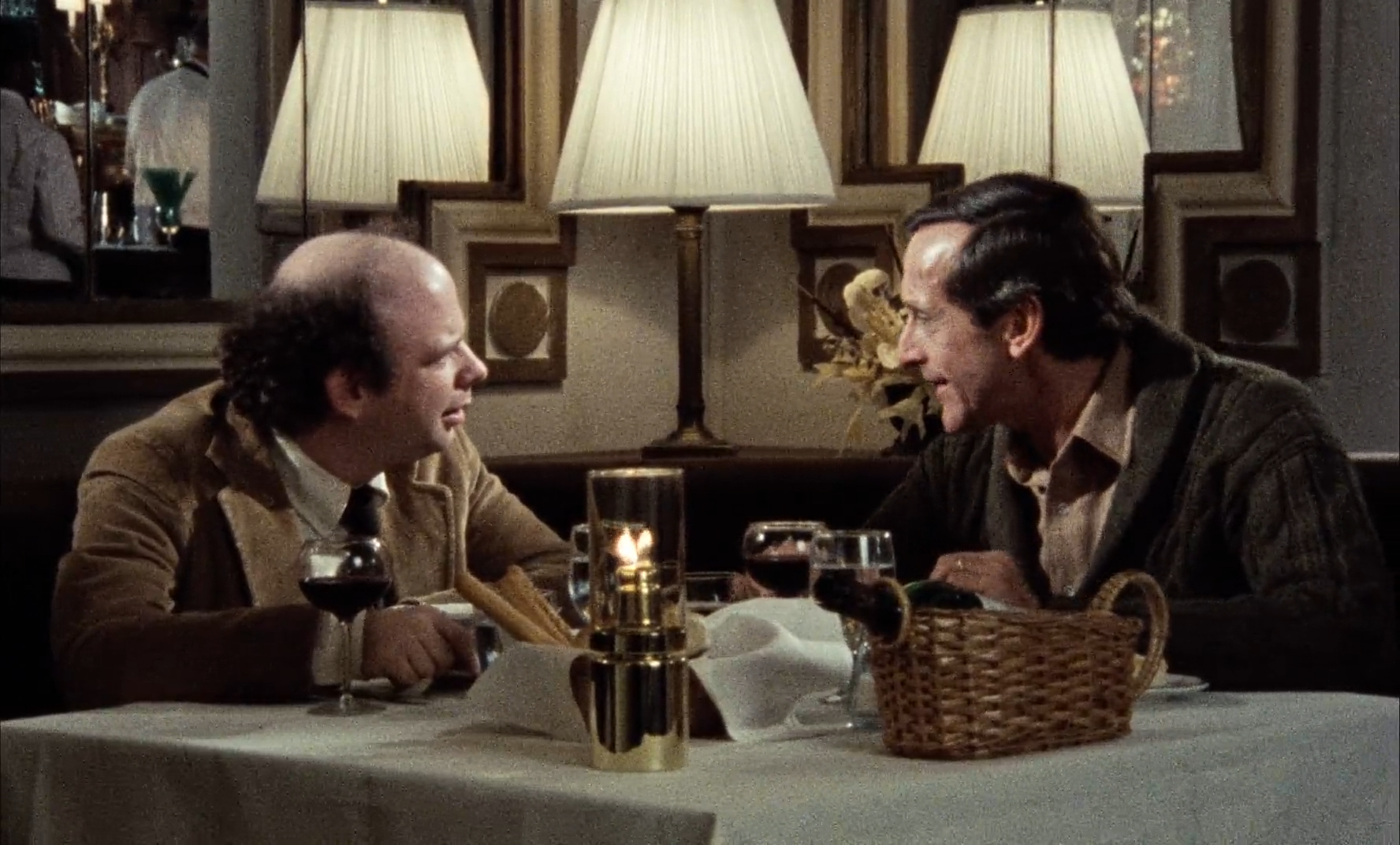
My Dinner with Andre (1981)
There is soulful inspiration found in two old friends simply sharing food and conversation in My Dinner with Andre, compensating for a lack of cinematic panache with a hearty, three-course meal of provocative screenwriting, and representing humanity’s conflicting desires for grand meaning and simple pleasures within the most common of modern-day settings.
-
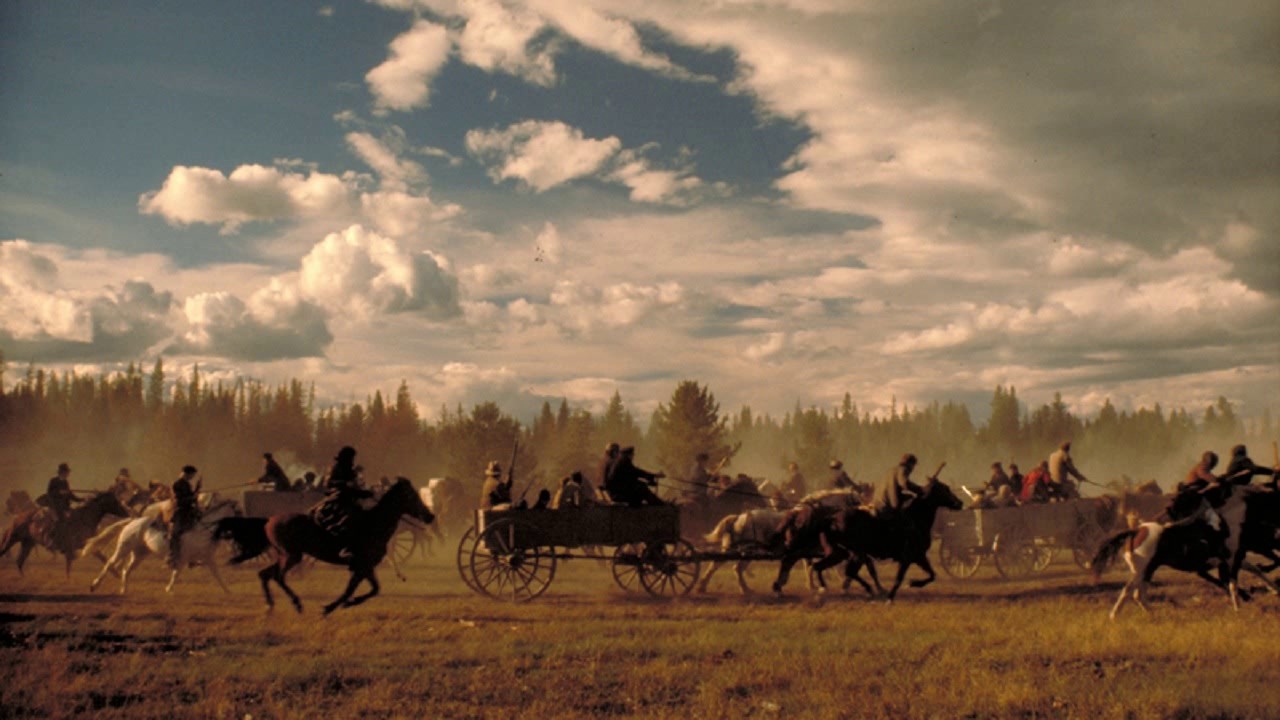
Heaven’s Gate (1980)
It is only fitting that the melancholy lament of changing historical eras in Heaven’s Gate would be reflected in a film so often blamed for ending the New Hollywood movement, and yet time has been kind to this historical box-office bomb, where Michael Cimino skilfully stages an epic Western confrontation between the landowners and European…
-
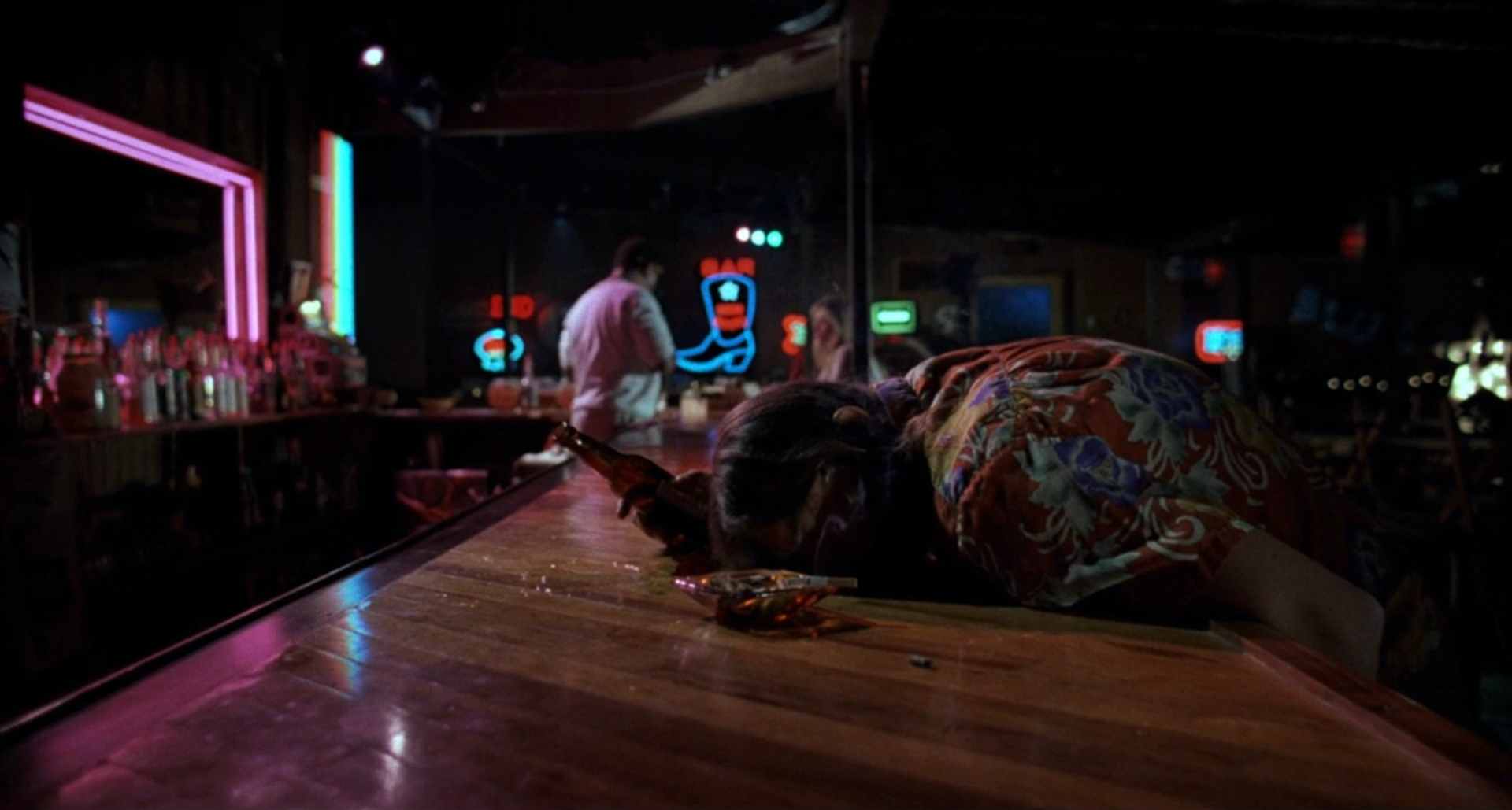
Blood Simple (1984)
Armed with a penchant for riveting visual storytelling, the Coen Brothers deliver a neo-noir vision of Texas in Blood Simple made up of grimy, low-lit bars and fatefully botched murders, navigating this moral wasteland with profuse dramatic irony and an omniscient perspective that seeks to understand its place in a godless universe.
-
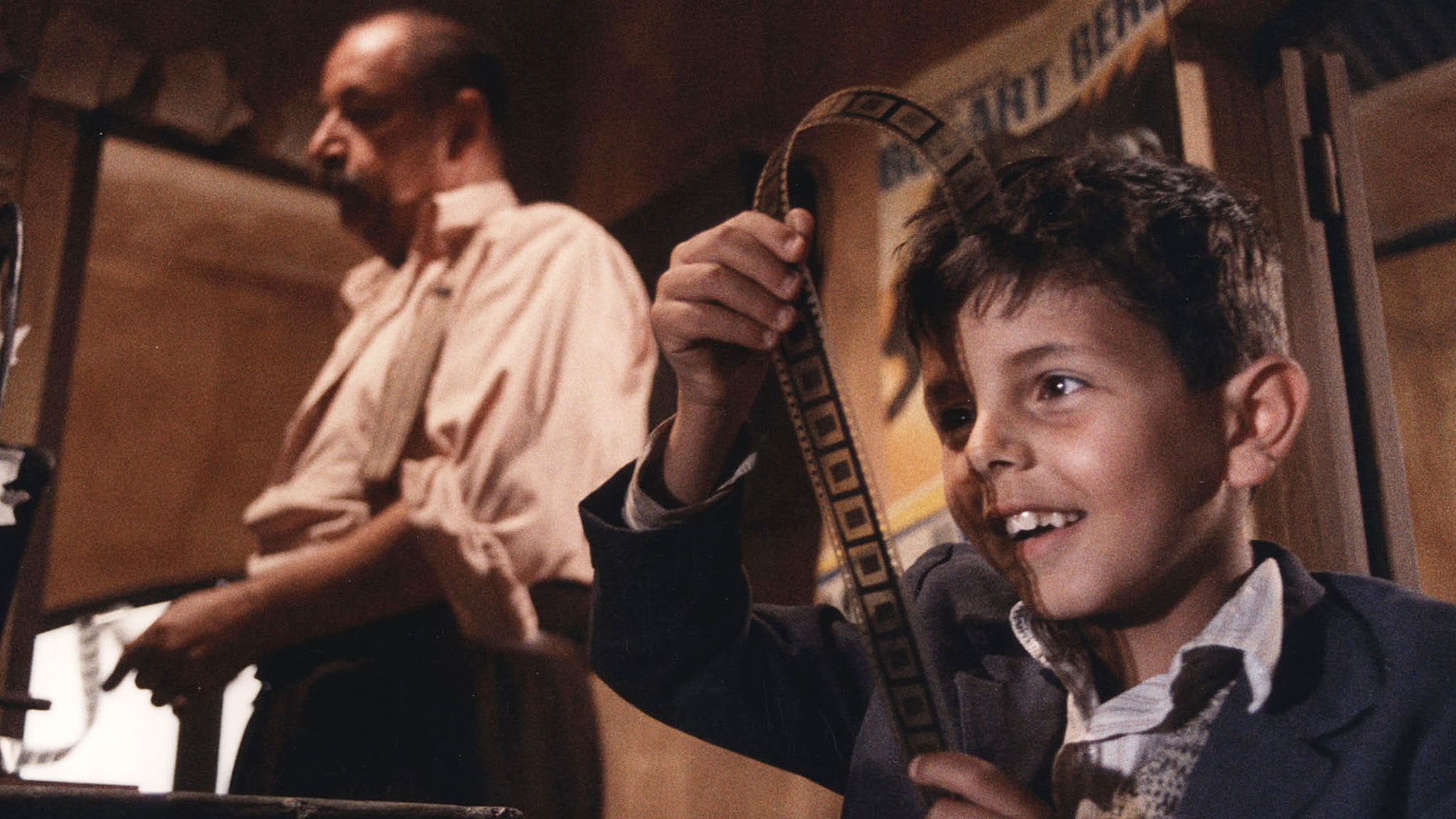
Cinema Paradiso (1988)
Cinema Paradiso bleeds the sort of pure, unassuming love of film that greater movies may have tackled with more ambitious visual artistry, and yet Giuseppe Tornatore’s majestic coming-of-age fable nevertheless inspires a rousing sentimentalism which erodes all traces of cynicism in even the harshest critics.

